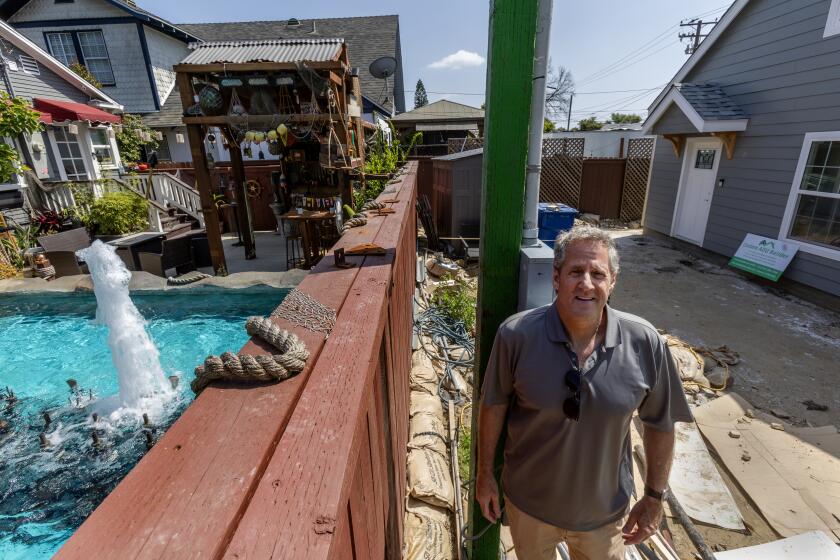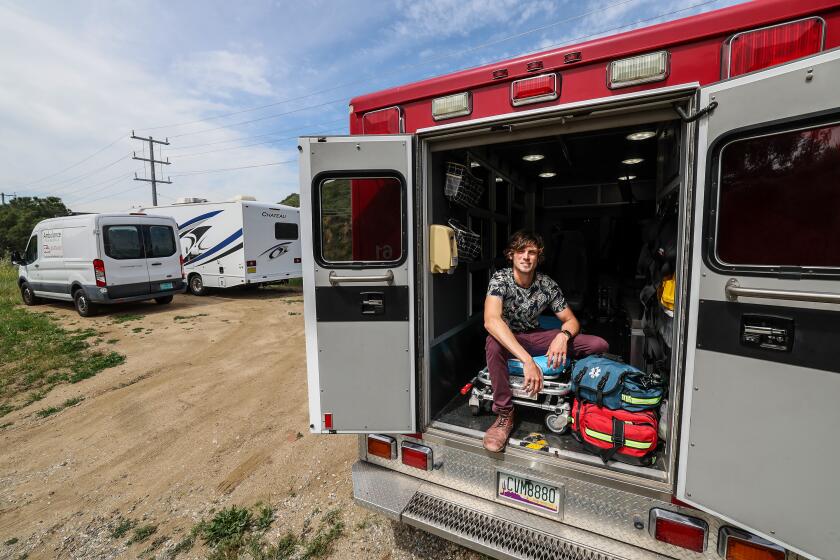Q&A: Landlord must disclose if tenants share utility costs
Question: Is it acceptable for a landlord to charge me for another person’s electricity use? I’ve rented a single-family home for a couple of years now and it just came to my attention that the person renting the cottage in the back doesn’t pay for electricity and doesn’t even have a separate meter.
My son was visiting and got to talking with the tenant who rents the cottage. He learned that this tenant pays straight rent while I have always been required to pay rent plus utilities. I called my landlord, who responded that my rental agreement was different from the other tenant’s and that utilities for the entire property are my sole responsibility as a matter of contract.
Even though our contracts differ, I don’t believe that I should have to subsidize the electricity use of the other tenant. In addition, my contract does not say that I have to pay for another tenant’s utilities; it simply states that I am responsible for my utilities. Am I right to feel cheated?
Answer: Indeed, you are quite right to raise this issue with your landlord. There is a law dealing with this specific type of rental issue. California Civil Code section 1940.9 imposes on landlords very specific disclosure requirements when there is a shared utility setup.
Generally speaking, landlords with shared utilities are required to disclose the existence of this arrangement to all prospective tenants before they begin their tenancy. This duty to disclose is triggered when there are no gas and/or electric meters separately provided for each rental and when the one meter records for billing purposes electricity usage for an external unit. It would therefore appear that your landlord has violated this disclosure requirement.
When this disclosure duty is violated the landlord is required to take one of three actions:
•The landlord can place the utility bill in his own name and be responsible for payment.
•The landlord can arrange for each rental unit to have its own meter.
•The landlord can create a new agreement with you to specify how utilities will be divided.
In addition to these remedial actions, the tenant can also file a court claim requesting reimbursement for utility expenses that can be attributed to the external rental unit. The beauty of this reimbursement remedy is that it begins to accrue from the date the duty to disclose arose, which in your case is at least a “couple of years,” in your words.
However, we always suggest tenants approach landlords informally before taking legal action. You might be able to informally resolve your shared utility problem with your landlord by showing him a copy of the aforementioned statute and discussing a settlement directly with him.
You could also ask your local mediation program to provide mediation services to help you and your landlord find a resolution. For more information, contact Project Sentinel at (888) 324-7468, or visit our website at https://www.housing.org.
Van Deursen is director of Dispute Resolution Programs for Project Sentinel, a Bay Area nonprofit. Send questions to info@housing.org.
ALSO:
Costco near deal with new credit card issuer
Inaccurate Zillow ‘Zestimates’ a source of conflict over home prices
Q&A: 4th Amendment doesn’t bar nosy neighbors from snooping in trash






